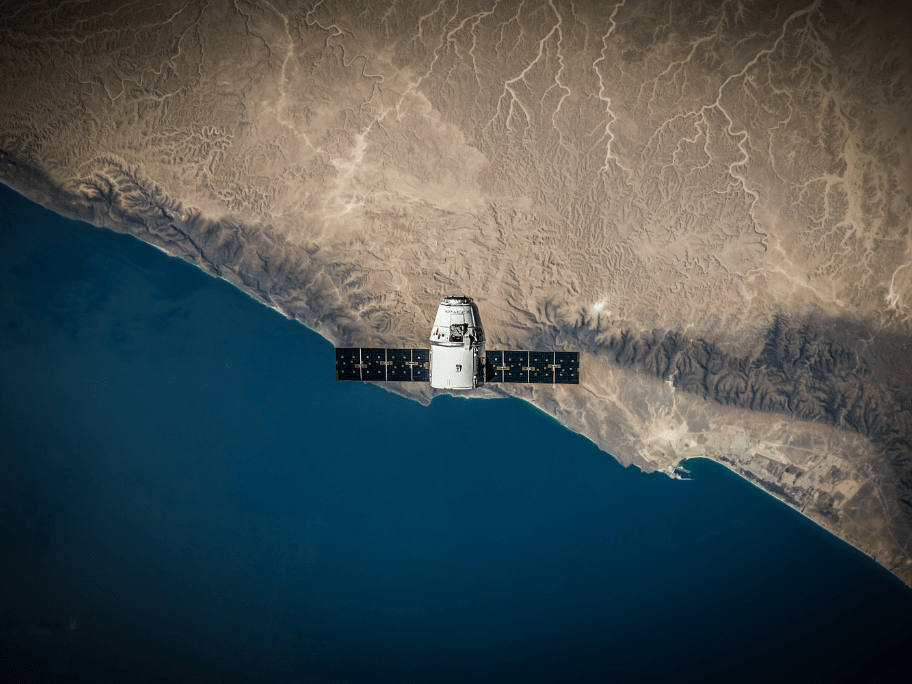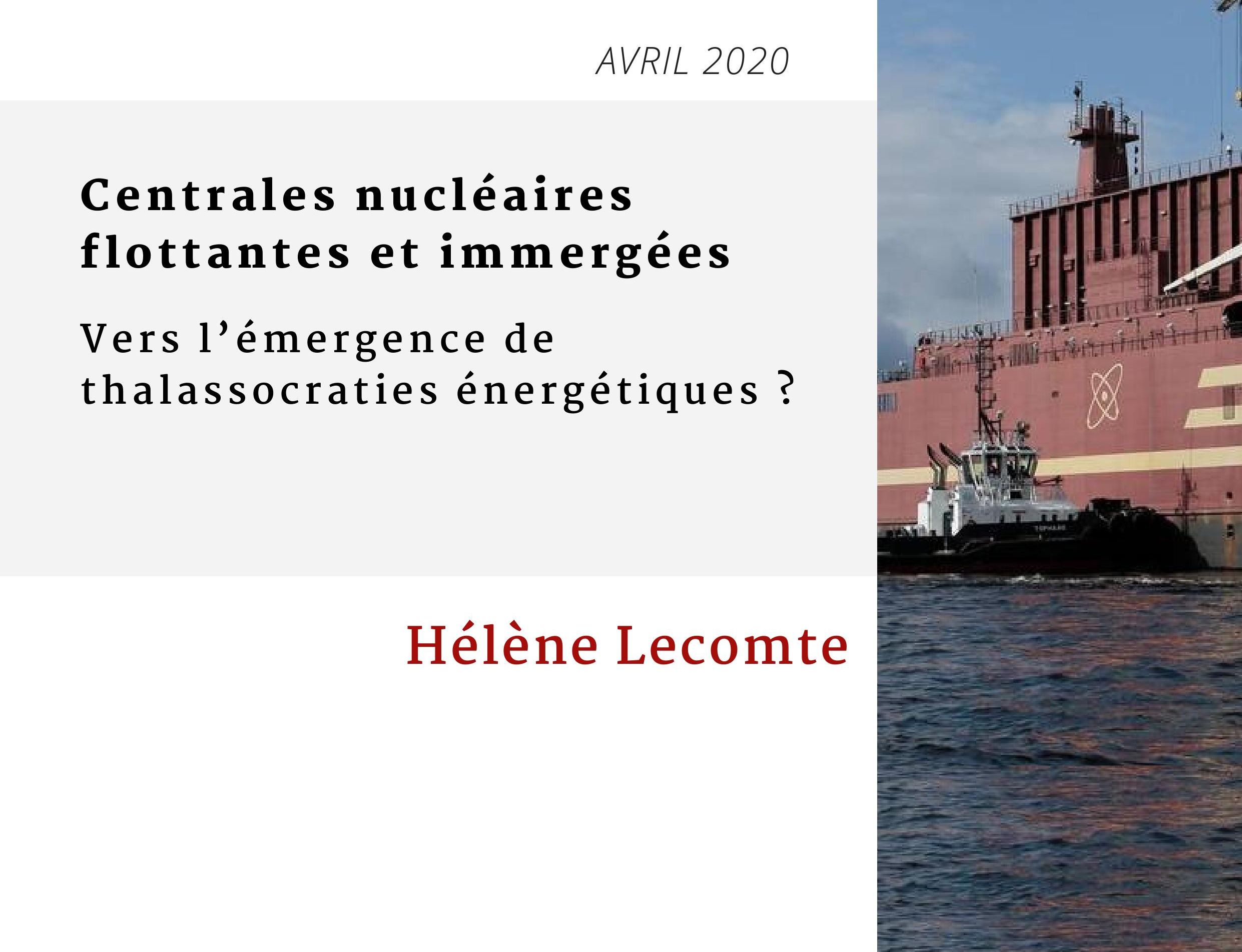Publications
Scientific publications
Readings & Reviews
Research axes
The collections
Scientific publications
Readings & Reviews
Research axes
The collections

The silent masters of the oceans: the strategic and non-proliferation implications of nuclear-powered submarines in Australia and Brazil
At the International Atomic Energy Agency (IAEA) General Conference in 2022, Director General Rafael Grossi emphasizes that “the world of nuclear proliferation and safeguards is changing,” and that this change creates important technical and political challenges. The announcement of the AUKUS agreement and the progress of Brazil’s nuclear-powered submarine program reflect regional geopolitical realignments. Internationally, the IAEA safeguards system is challenged by these developments insofar as they entail risks of nuclear proliferation. How does the acquisition of nuclear-powered submarines impact both the regional and international strategic balance and nuclear non-proliferation norms? The purpose of this research note is to analyze the geopolitical motivations of nuclear-powered submarine programs in Australia and Brazil and their implications for nonproliferation instruments.
𝐉𝐚𝐧𝐮𝐚𝐫𝐲 𝟐𝟎𝟐𝟑

The affirmation of the U.S. space nuclear technology strategy
Since 2017, U.S. interest in space-based nuclear power applications appears renewed. In a context of growing international competition, these applications are even receiving increasingly structured political support. The objective of this note is to examine these developments in order to put into perspective the issues that accompany them. Although primarily intended for interplanetary exploration (surface energy supply and high-performance propulsion), space nuclear technologies remain dual.
The Nuclear Sea-Launched Cruise Missile (SLCM-N): Implication for U.S. nuclear strategy and arms control
In May 2021, soon after taking office, the Biden administration confirmed the decision to fund the NucleaSea-launched Cruise Missile (SLCM-N), one of the most controversial programs of Donald Trump’s term. The decision was received with surprise by some analysts: Joseph Biden had argued against this new weapon during his campaign. Finally, after considerable discussion within the government and the armed forces, the Democratic administration appears to have reconsidered its decision and canceled the SLCM-N program.

Model digital transformation for Defense organizations : In search of the Fit
Defense organizations have always been confronted with the question of integrating technological innovations. These technologies can be used in the context of operational actions, but they also serve to improve the performance of defense organizations (Joint forces headquarters, planning staffs for example).

Cyber threats: a new issue for space security
For a long time, reflections on space security have focused on attacks of a kinetic nature or of electromagnetic origin. With the expansion of cyberspace, the space industry has had to consider new threats and new types of actors.

Alternatives to the aircraft carrier: an analysis of the French strategic debate
Since the end of the Second World War, the status of capital ship of the aircraft carrier has been a consensus. However, the criticisms against him seem to be on the increase today. These are based on geostrategic, techno-capability and / or economic considerations.

The digital integration of armies, from tactical incorporation to strategic conjunction
The implementation of digital tools in the armed forces has led to upheavals at both an organizational and human level, which cannot be understood from a simple technical or technological point of view. For this reason, this paper focuses on conducting a human and sociological analysis centered on the process of “digitalization of armies” rather than analyzing cyber separate from the rest of the armed forces.

Floating and submerged nuclear power plants: towards the emergence of energy thalassocracies?
Moving nuclear power generation out to sea is not as innocuous as one might think. At a time when Russia and China have embarked on the construction of vast fleets of offshore nuclear power plants destined to conquer new markets, the emergence of these small disruptive reactors raises the question of their
possible exploitation for geostrategic purposes.

